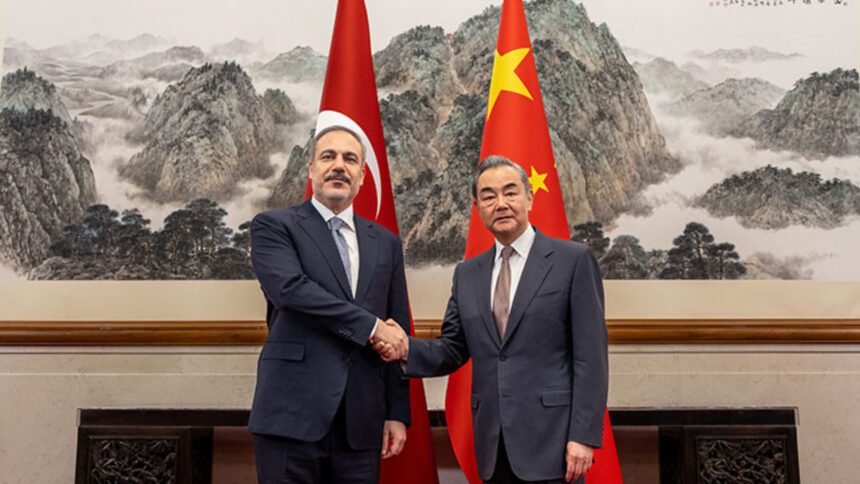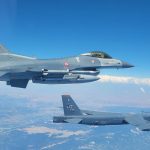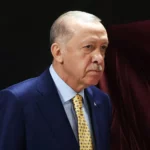Turkish Foreign Minister Hakan Fidan began a visit to Beijing on June 3, the highest-level visit by a Turkish official to BRICS member China since 2012. Fidan held talks with Chinese counterpart Wang Yi and other officials during the visit.
Fidan also visited the far western region of Xinjiang, host to millions of Uyghurs and other Muslim minorities.
Asked whether Turkey would want to join BRICS during a talk at the Center for China and Globalization on June 3, Fidan said “we would like to of course, why would we not?”. However, he did not elaborate further.
Fidan was cited by Turkey’s state-run Anadolu news agency as saying Ankara was also eyeing cooperation with BRICS members and that he would attend a planned meeting of the group next week in Russia.
It was not immediately clear whether Ankara would take steps to join the BRICS group, as Ankara has not previously stated its desire to formally join.
Meanwhile, Russia welcomed Turkey’s reported desire to become part of the BRICS group of nations, Kremlin spokesman Dmitry Peskov said on June 4, saying the subject would be on the agenda of the organisation’s next summit.
Peskov said there was heightened interest in BRICS – a group comprising Brazil, Russia, India, China, South Africa, Ethiopia, Iran, Egypt, and the United Arab Emirates – from various states, but said it was unlikely the grouping could completely satisfy all interested nations.
NATO member Turkey had come under fire by its Western allies in recent years over its ties with Russia, with some saying that its “axis” was shifting away from the Western military alliance.
Ankara has rejected this, saying it remained a committed member of the alliance and maintained its goal of full membership of the European Union.
Turkey wants to boost agricultural and food exports to China
On the other hand, a Turkish diplomatic source said on June 5 that Fidan told Chinese officials during his visit that Ankara wanted to narrow its trade deficit with Beijing partly via more agricultural and food exports.
China is Turkey’s largest trade partner in Asia and its fifth largest globally.
Fidan said Ankara expected China to import more agriculture and food products from Turkey, and conveyed Ankara’s wish for China to encourage more companies to invest in Turkey and more Chinese tourists to visit, the source added.
Turkey’s imports from China stood at $44.9 billion in 2023, while exports totalled $3.3 billion, according to official data.
Last month, Turkey’s energy minister held talks with Chinese authorities and firms on mining projects, nuclear, and renewable energy, while signing a pact on energy conversion. Ankara is in talks with China on a third nuclear power plant it aims to build in the Thrace region.
While pushing increased economic ties with China, Fidan also reiterated Ankara’s concerns around the issue of the Uyghurs, the source said, a position it has shared with China previously.
Some 50,000 Uyghurs are estimated to live in Turkey, the largest Uyghur diaspora outside Central Asia. Turks have close ethnic, religious and linguistic ties to the Uyghurs, a mostly Muslim people who speak a Turkic language.
Beijing has come under scrutiny – including from Ankara – over its treatment of its Uyghur minority but denies mistreating them. Turkey’s government has also been criticised domestically for what critics say are insufficient efforts to protect Uyghurs and their rights.
Fidan told Chinese officials that Uyghur Turks were “very important for us” and reminded Beijing of the Turkic and Muslim worlds’ sensitivities regarding the “protection of the cultural rights and preservation of the values” of Uyghurs, the source said.
He said that only steps by Beijing could “completely remove” these concerns, the source added.
Fidan also reiterated Turkey’s “One China” policy regarding Taiwan, the source said.
Source: Reuters



